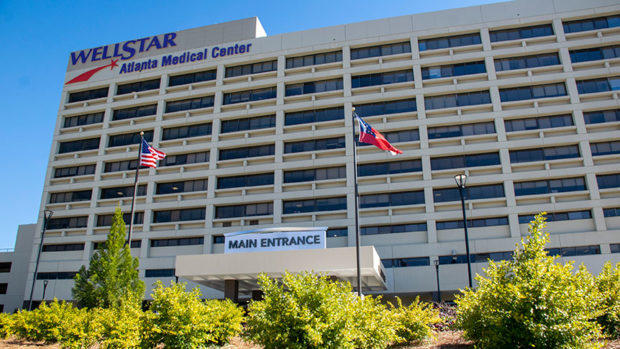
Caption
For decades Atlanta Medical Center was one of the state’s most prominent health care facilities, but its fortunes waned after the middle of the 20th century as competition increased and the area where it is located declined economically.
Credit: Georgia Health News


